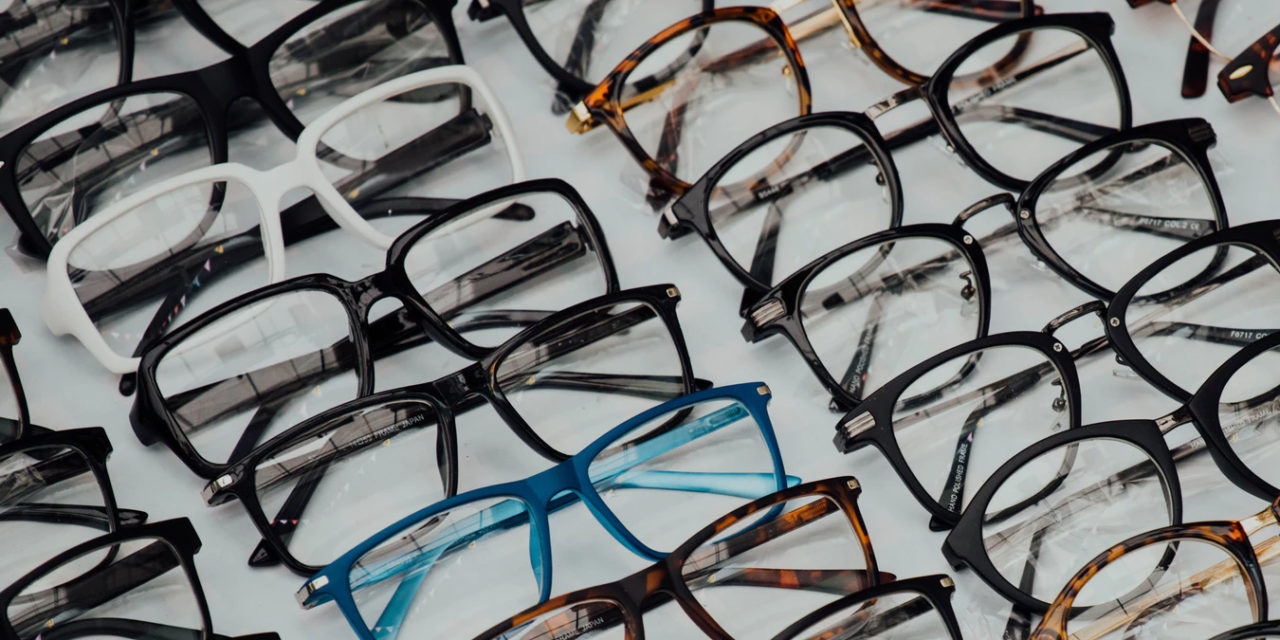Across the world, women have had to fight back against patriarchy in several ways, from impossible beauty standards to achieving gender parity. This time, women are fighting against a bizarre ban that prohibits Japanese women from wearing glasses in the workplace.
Last week, a TV segment aired in Japan where employers were asked to cite some reasons as to why a glasses ban was necessary for the workplace. The ‘reasons’ spanned from glasses giving women a ‘cold impression’ to unclear safety concerns that seem to only affect women. While on the other hand, Japanese men are not bound by the same rules and are free to wear whatever they choose.
Outrage quickly followed the segment, with many using social media as a platform to express their anger. Soon after, the hashtag ‘Glasses are Forbidden’ was seen trending on Twitter.
Business Insider interviewed one of the women affected by the ban. Choosing to remain anonymous, Ms. A told the news site that her superior told her glasses were prohibited: “I told myself at that time that we weren’t allowed glasses because we need to look feminine.”
However, the cost of ‘looking feminine’ can sometimes be too high. Ms. A works an eight-hour shift, five days a week, and constantly wearing contact lenses has contributed to dry and worn-out eyes.
Despite the ‘reasons’ provided by employers; the ban clearly has no logical backing: “If the rules prohibit only women to wear glasses, this is a discrimination against women,” said Kanae Doi, Japan’s director at the Human Rights Watch, to the Thomson Reuters Foundation last week.
Not the First Time
Japan’s strict and discriminatory dress-code within the workplace has been contested before with actress and model Yumi Ishikawa introducing the #KuToo movement earlier this year. The ongoing movement is attempting to challenge Japan’s high-heel policy in the workplace. #KuToo combines the Japanese word for shoe ‘kutsu’ and pain ‘kutsuu’ while also referencing the popular #MeToo movement.
Although it received thousands of petitions and widespread support, the parliamentary committee still firmly believes women should dress ‘responsibly’ for work. The Labour Minister also responded to the movement, stating that heels are necessary for women.
The glasses ban and the mandatory heel policy demonstrates how far Japan has yet to go before substantially eliminating gender discrimination. On the World Economic Forum’s Global Gender Gap Report, the country ranked 110 out of 149 nations, some of which are far less developed by Japan.
There is still entirely too much focus on how a woman should look and little on the quality of their work. In many cases, these obligations can even hinder a woman’s ability to do her work successfully.
Unfortunately, policing women and their right to choose is a far-reaching plague that has affected women across the globe. The patriarchy continues to find new ways to impose strict restrictions on women but enforcing a glasses ban may be one of the most ridiculous methods applied.
- This Artist is Making the Underwater Arena His Canvas - 28th April 2021
- A Video Game that Promotes Peace and Conflict Resolution - 15th March 2021
- Netflix’s ‘Living Undocumented’ is a Difficult Series to Watch, and Exactly Why We Should - 9th March 2021






